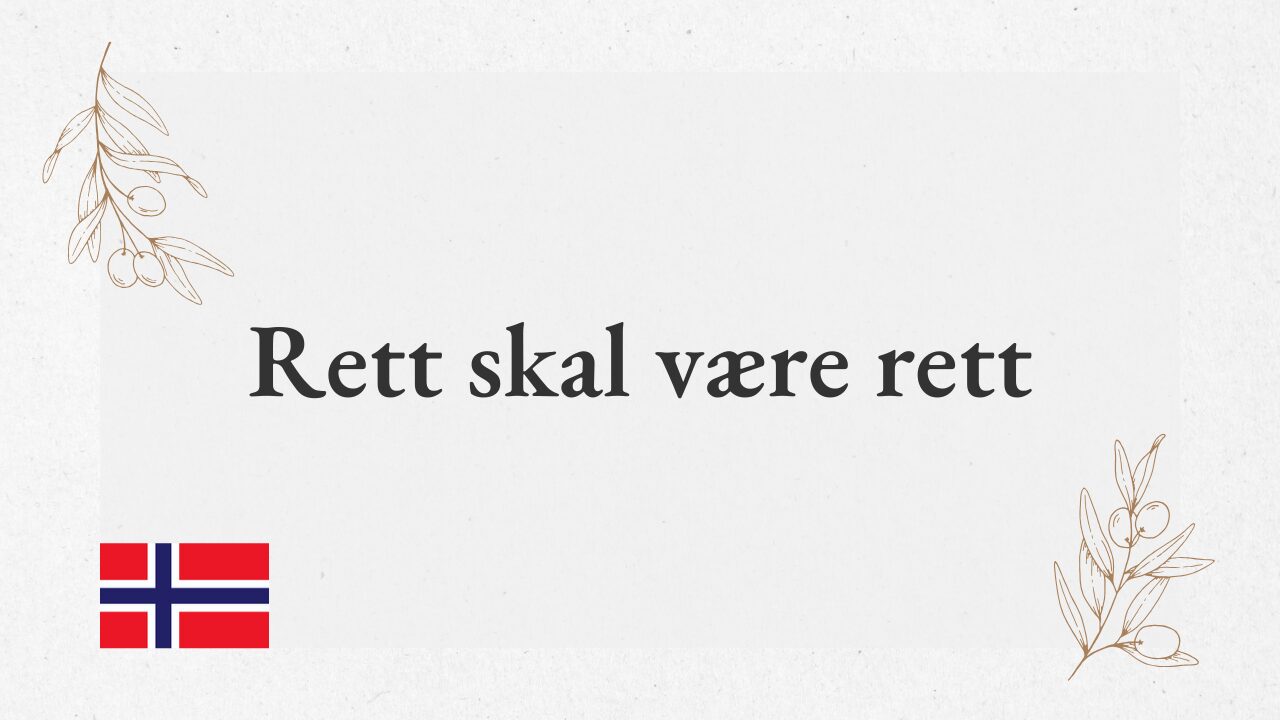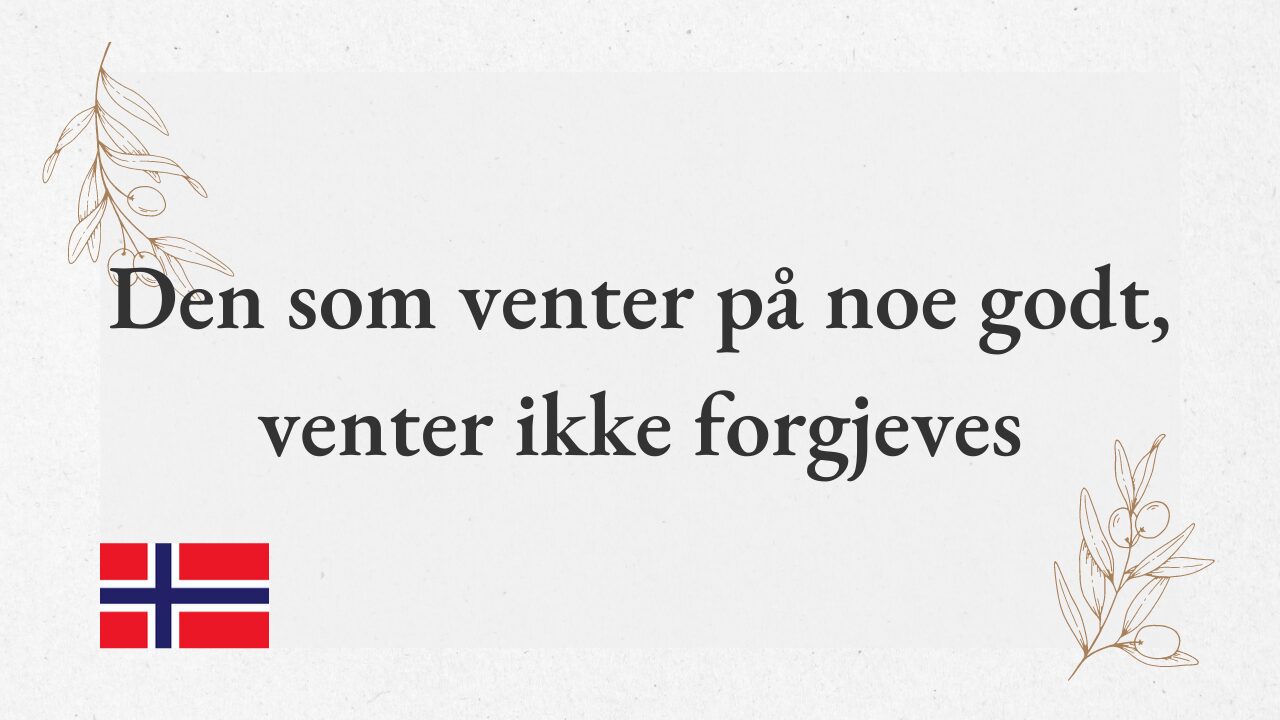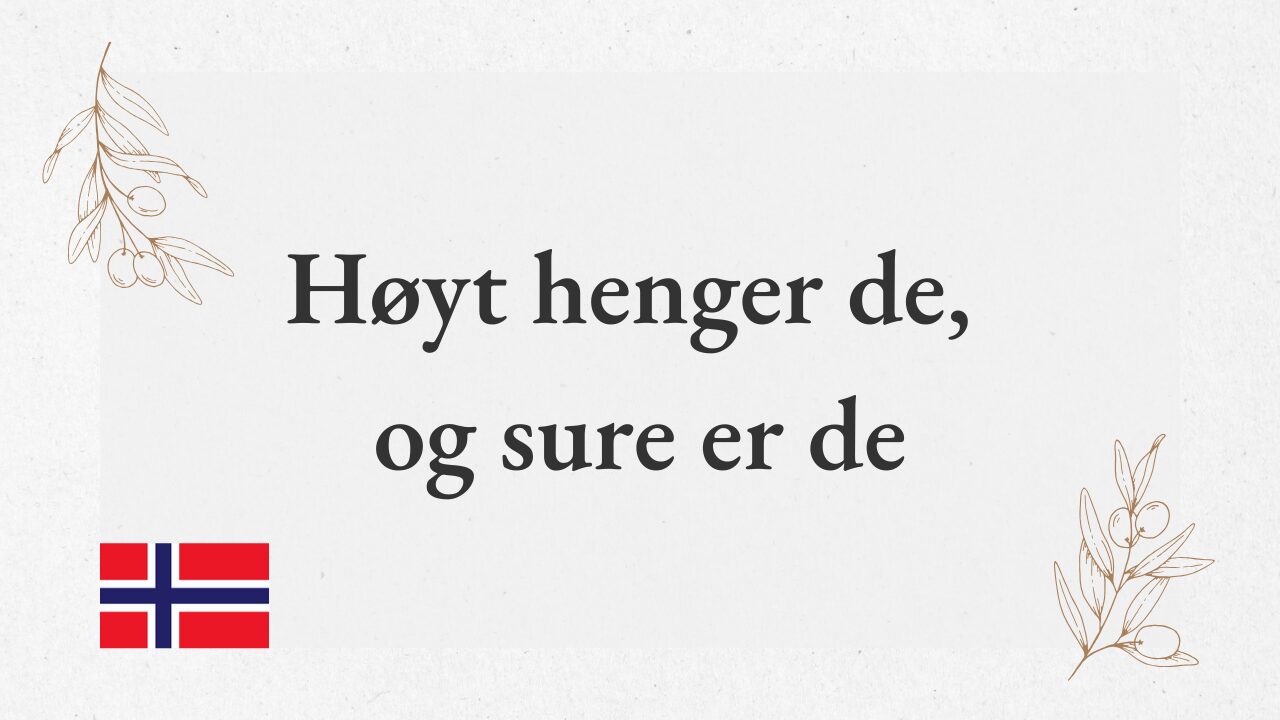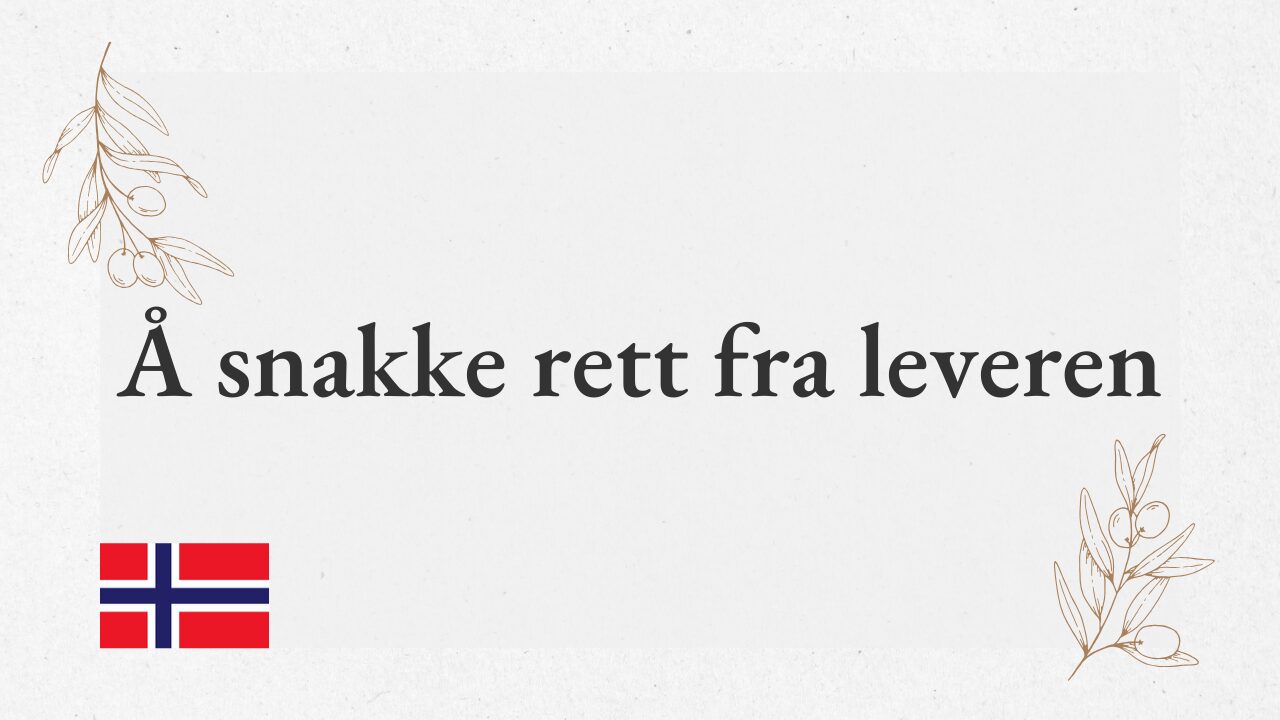“Når katten er borte, danser musene på bordet” – When the cat’s away, the mice will play
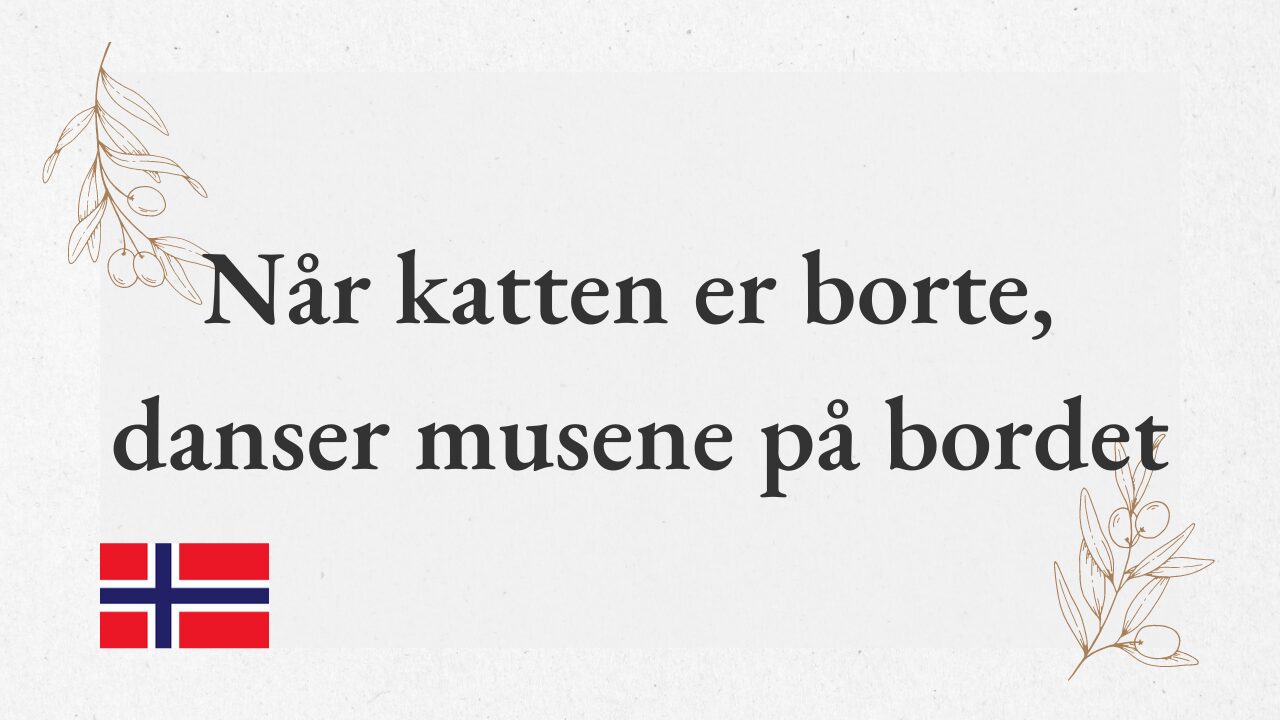
Meaning
“Når katten er borte, danser musene på bordet” literally translates to “When the cat is away, the mice dance on the table.” This expression refers to the situation where, in the absence of an authority figure or supervisor, people feel free to behave as they please or start causing trouble.
It is similar to the Japanese expression “When the cat’s away, the mice will play,” which describes how order can quickly break down, and people act more freely once they are no longer being watched.
Origin
This proverb originates from the natural relationship between cats and mice. Historically, cats were kept as domestic animals to catch mice in homes and storerooms. Mice, fearing the presence of cats, would not move freely when the cat was around. However, once the cat was gone, the mice would feel safe to move about, steal food, and act as they pleased.
This situation was applied metaphorically to human behavior, where people, normally obedient and disciplined, act freely or misbehave when a supervisor or authority figure is absent.
This expression is common throughout Europe, and there is an identical English proverb: “When the cat’s away, the mice will play.” Both cultures use this metaphor from the animal world to explain human behavior. The historical practice of keeping cats in homes and farms to control mice further solidifies the foundation of this saying.
Usage
This proverb is often used in schools and workplaces when people act freely in the absence of a teacher or boss. It fits situations where people, usually following rules, feel a sense of freedom and start to let loose without the supervision they are accustomed to.
Additionally, it can also be used in family and child-rearing contexts, where children act up when their parents are not around.
Conclusion
“Når katten er borte, danser musene på bordet” is a Norwegian proverb meaning “When the cat is away, the mice dance on the table.” It describes how people tend to act freely when authority figures or supervisors are absent.
This expression is frequently used in schools, workplaces, and households, depicting a breakdown of order and the spread of freedom and mischief when someone is not present.

